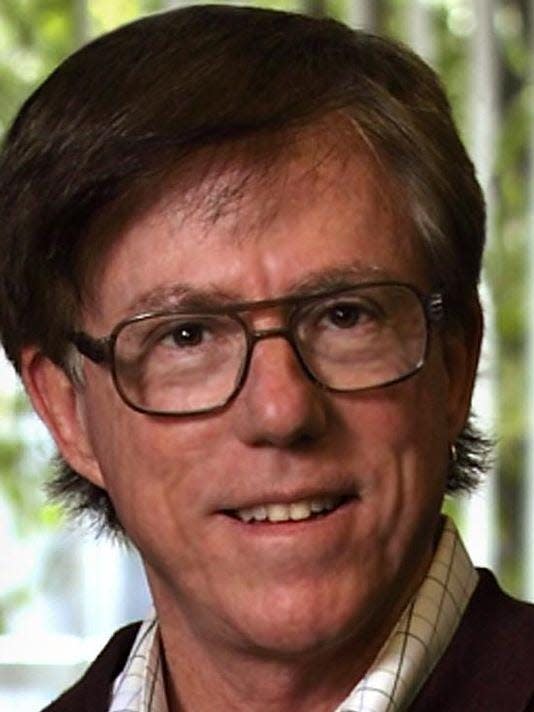Mechanical failings highlight the sacred and the profane

I suppose I got my mechanical aptitude from my father. I would watch him look over machines, pondering how to maintain them, fix them, or otherwise use them to best advantage. What was going through his analytical mind as he silently strove to figure out the workings of such complicated devices?
Then suddenly the air around us would be visited with the most vile and profane language I'd ever heard, outdoing even the obscene pool hall shouts I'd hear as I walked by that smelly place. Oh, my father could be a prodigious swearer when beset with the complications of trying to fix things. He was worthless. And he handed down that legacy to me. Because I can fix nothing. I try and always fail miserably. Yet, to this day I admire the cadence and timing of proper swearing. It's a gift. Thanks, Dad.
My father was a kind and understanding man to all (family, friends, business associates) possessing a wry wit, with others standing in amazement of his clever rejoinders. But put him in the presence of needed mechanical skills of any stripe, and he was not only low-grade, but angry. His blue language attested to some dark force no one else could see. But I honored it.
My bicycle provided me the silent stage to practice and hone cursing. I'd ride the small town streets, rehearsing all manner of profanity, and if running out of material, I'd stop by the town park where old men pitched horseshoes. I listened intently and learned. A wealth of linguistic inspiration.
But each Sunday while sitting in church I heard solemn language completely apart from coarse street talk, high-blown King James English, towering and soaring. And some hymns held a majesty that even as a small kid, I recognized as poetic:
"... Whose robe is the light, whose canopy space. His chariots of wrath the deep thunderclouds form, And dark is His path on the wings of the storm."
"... It streams from the hills; it descends to the plain; and sweetly distills in the dew and the rain."
Those words and rhythms were likely not heard among the horseshoe pitchers or contained in the pool hall. Yet, why was I was equally drawn to what I took to be the profane and the sacred? Opposites indeed, I thought. One bad, one good. How could I reconcile the two?
Then one Sunday at dinner, after my father said the table grace ("... give us peace, health, and happiness ...") I glanced at him with what I now know was an epiphany, not then understanding its significance.
Years later I still struggle somewhat with what I once considered polar opposites: good/evil, sacred/profane, delight/disgust, love/hate, life/death. I wish I could clearly identify each as I drive around town, shop in stores, listen to conversations, read the news, watch bombs exploding in innocent neighborhoods, listen to arguments, watch pain and longing, listen to laughter, weep over suffering.
As I recall that Sunday dinner epiphany, there sat my father whose rantings could flow from him so freely over his mechanical failings and at other moments during a simple table grace, wish for us peace, health and happiness in a spirit of loving kindness.
I suppose my father represents all of us, a mystery of contradictions, full of the profane and sacred, anger and tolerance. Categorizing life's emotions may provide easy access to answering the unanswerable. But more and more I've stopped looking for so many answers. Merely waking up each day is often the only answer I need. And am grateful for.
Michael Pulley lives in Springfield. He can be reached at mpulley634@gmail.com.
This article originally appeared on Springfield News-Leader: Michael Pulley: A legacy of the sacred and the profane
